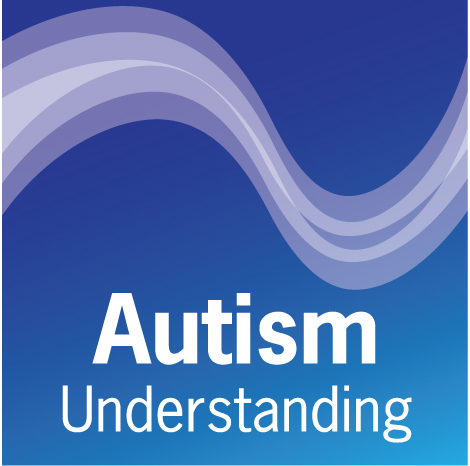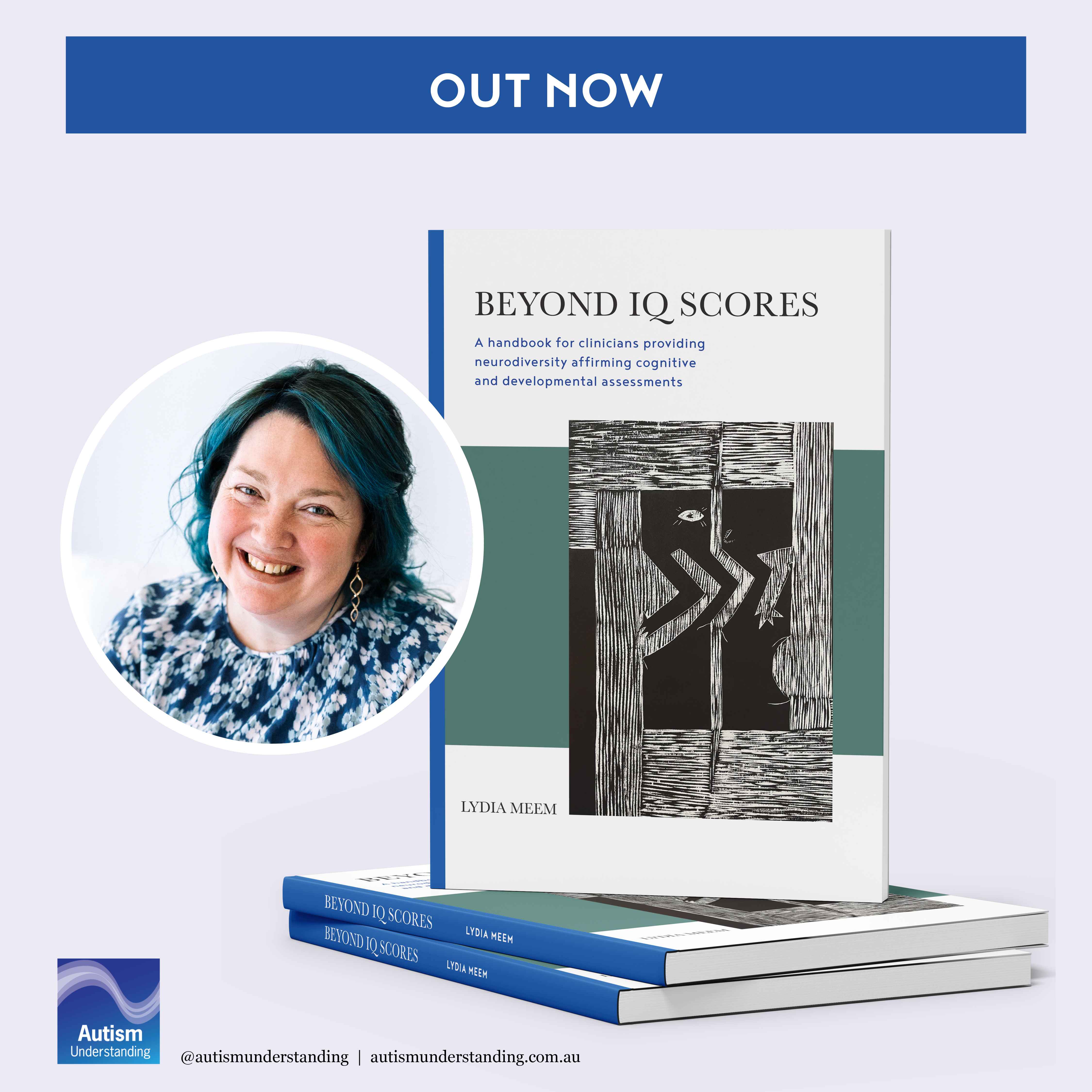Beyond IQ Scores
A handbook for clinicians providing neurodiversity affirming cognitive and developmental assessments
Would you like to be more confident discussing children and adolescents' thinking styles and interaction styles, not just discuss their psychometric test scores?
Do you want to be neurodiversity affirming in sharing results and making recommendations?
The Beyond IQ Scores: A handbook for clinicians providing neurodiversity affirming cognitive and developmental assessments is what you need!
This practical handbook for clinicians covers the whole assessment process from first contact, to gaining rapport, modifying assessments, interpreting the scores and observations, report-writing and the feedback session.
The Beyond IQ Scores Book is now available here!
This practical handbook for clinicians covers the whole assessment process from first contact to the feedback session and report.
Topics include:
- Preparing for an assessment
- What are we really doing when we assess a child's development or cognitive ability?
- What is the reason for referral, and how else might the report be used?
- Engaging with children and families
- Preparing the assessment room
- Gaining and maintaining rapport with children who are currently non-speaking
- Engaging children who are reluctant, anxious or self-directed
- Partnering with families through the diagnostic process
- Research-based observation of thinking styles and interaction styles
- Lydia's case review research on how Australian Autistic children and adolescents approached cognitive and developmental assessments
- Cognitive Assessment Observation Checklist
- For the observations you identify in the checklist - whether they could be signs of Autism or other developmental differences, questions to ask parents and teachers, further assessments to consider, and recommendations for your report
- Modifying assessments
- When and how to modify assessments, and how to write about the modifications in your report
- Analysing response patterns
- What do patterns of errors tell us about the child's skills and strengths?
- Looking for patterns around language and communication, visual problem-solving, attention, working memory, processing speed, fine motor skills, sensory overload, impulsive responding, personal preferences, cognitive flexibility, and adjusting to feedback
- Sharing results and answering questions
- Neurodiversity affirming conversations and common questions
- How to explain developmental delay, intellectual disability, and changes in scores over time
- Recommendations for your report
- Recommendation Menu
- Assisting parents to seek further assessment and advocate for accommodations
- Resources

 Autism Understanding
Autism Understanding 